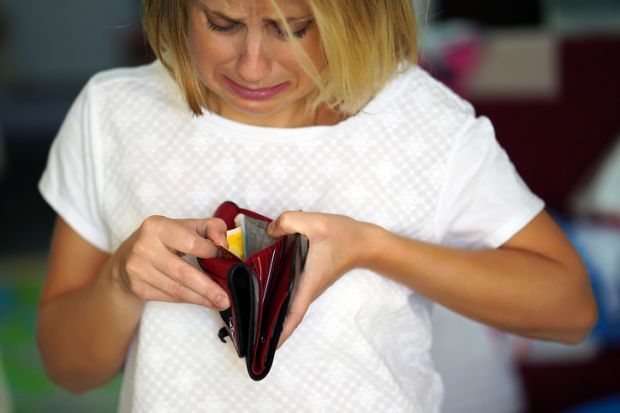Covid-19 has made a bad situation worse for many international students contending with the expensive rental accommodation markets of Australia’s two biggest cities, according to a report.
Surveys before and during the pandemic suggest that the crisis has left many foreign students in Sydney and Melbourne lonelier, hungrier and clinging to an increasingly tenuous existence.
The study, led by University of Technology Sydney (UTS) urban studies professor Alan Morris, found that the proportion of international students grappling with “precarious” housing and financial circumstances had increased substantially since lockdowns were imposed in March.
“Some international students are well supported by family or scholarships, and others are managing their costs,” he said. “However, a substantial share [are] struggling in the private rental market, and the pandemic has significantly worsened the situation.
“A very large share – six in 10 respondents – reported they had lost their paid employment subsequent to the lockdown, and only 15 per cent reported finding a new job. The indications are that the employment and earnings impact of Covid-19 on international students has been far greater than for the rest of the working population.”
The study, by academics from three universities, is based on more than 7,000 responses to a survey late last year and a July follow-up questionnaire of over 800 of the original respondents.
The first survey revealed major problems for a substantial subset of students even before the pandemic hit. More than one-third frequently fretted about how they would pay the rent, and over one-fifth regularly went without food to do so.
One in four respondents shared his or her bedroom with at least one other person who was not a partner, with 11 per cent sharing with two or more. More than 200 respondents said they were forced to “hot-bed” – in essence, to sleep in shifts, with the bed used by different people at different times. Despite such privations, one-sixth of respondents worried that they might face homelessness.
The situation has now deteriorated, with the second survey suggesting that foreign students have suffered “dramatic” job losses.
Respondents have lost 23 per cent of their income, on average, since the pandemic hit. One-fifth have moved to save money, one-third regularly skip meals, and more than one-half regularly worry about meeting the rent.
Eight per cent have been threatened with expulsion from their accommodation despite a moratorium on evictions during the pandemic.
About half have tried to negotiate rental reductions, mostly without success, although almost one-third have succeeded in having payments either decreased or delayed.
Students have largely relied on friends and family for help, although almost half have appealed for assistance from their universities or colleges. Support from educational institutions ranged from reduced or waived tuition fees to emergency accommodation, hardship grants and counselling.
Nevertheless, 44 per cent of students feared that they would not be able to pay their tuition fees, and 58 per cent said financial stress was impairing their studies. Over one-third said they might have to leave Australia before graduating.
Professor Morris said the findings did not augur well for Australia’s reputation when borders eventually reopened. Half the respondents said their experience would make them less likely to recommend Australia as a place to study in the future. Only one-quarter said they were happy with Australia’s treatment of international students during the crisis.
Register to continue
Why register?
- Registration is free and only takes a moment
- Once registered, you can read 3 articles a month
- Sign up for our newsletter
Subscribe
Or subscribe for unlimited access to:
- Unlimited access to news, views, insights & reviews
- Digital editions
- Digital access to THE’s university and college rankings analysis
Already registered or a current subscriber?




